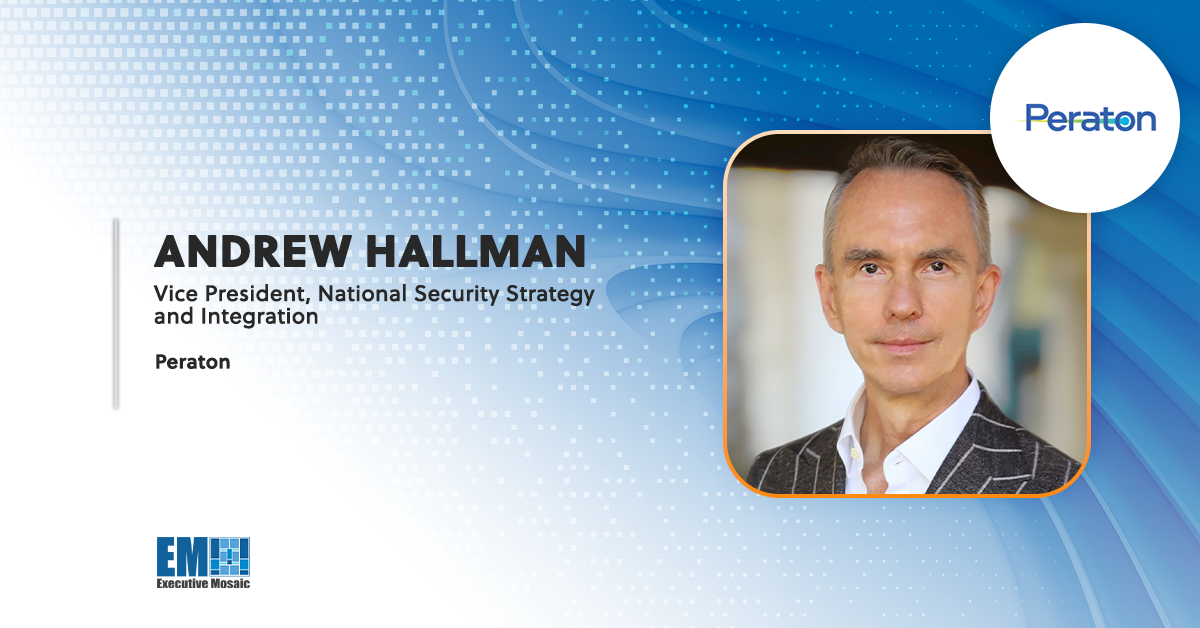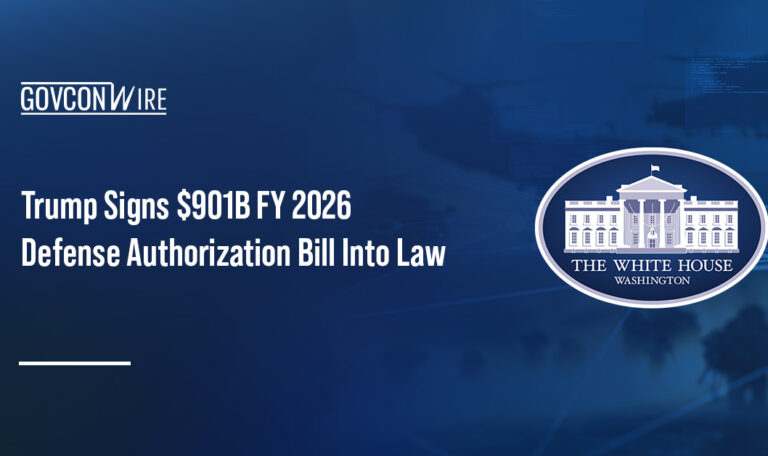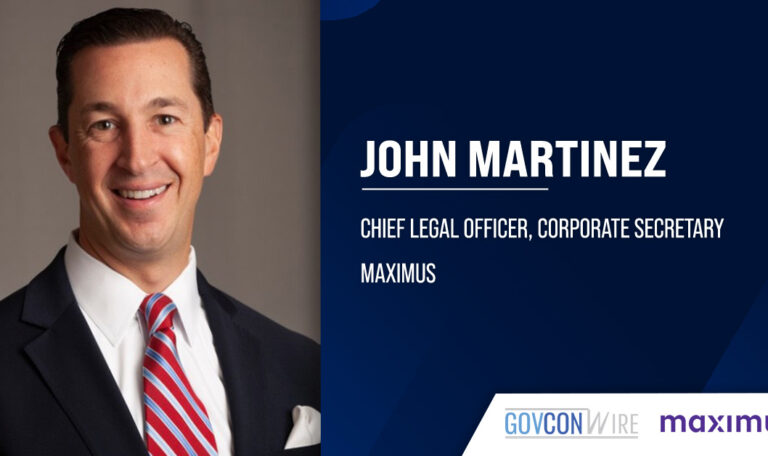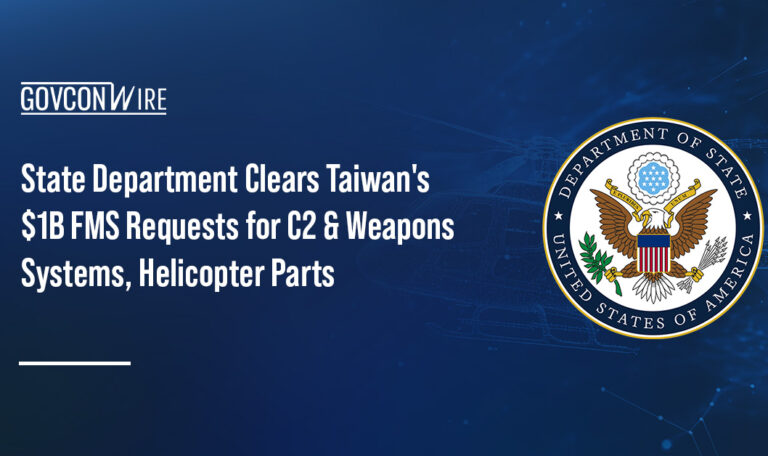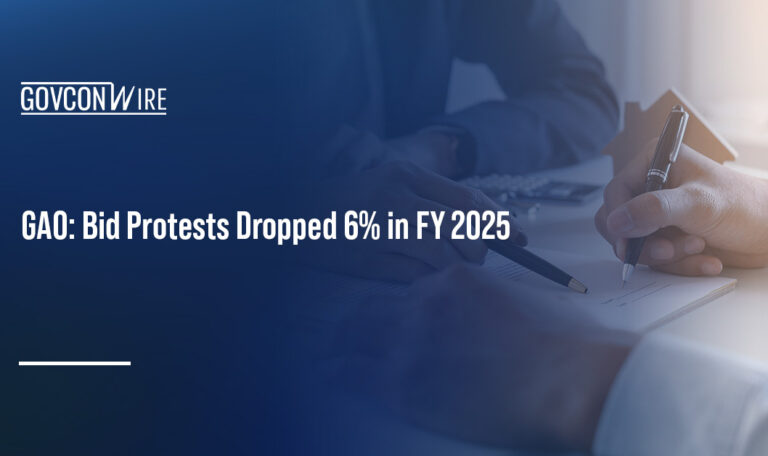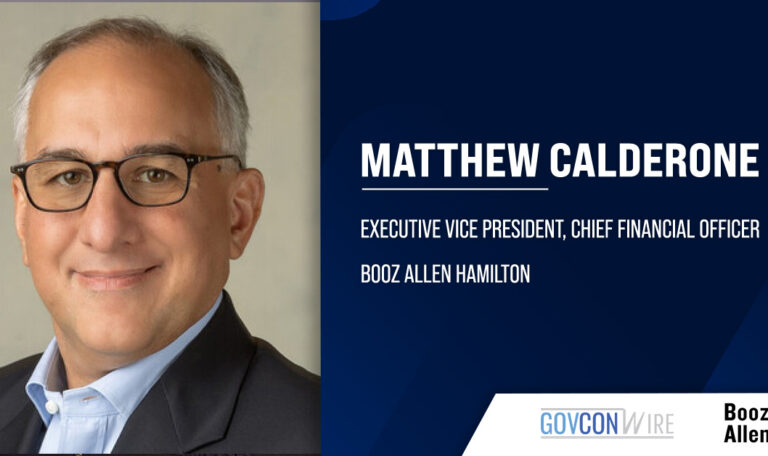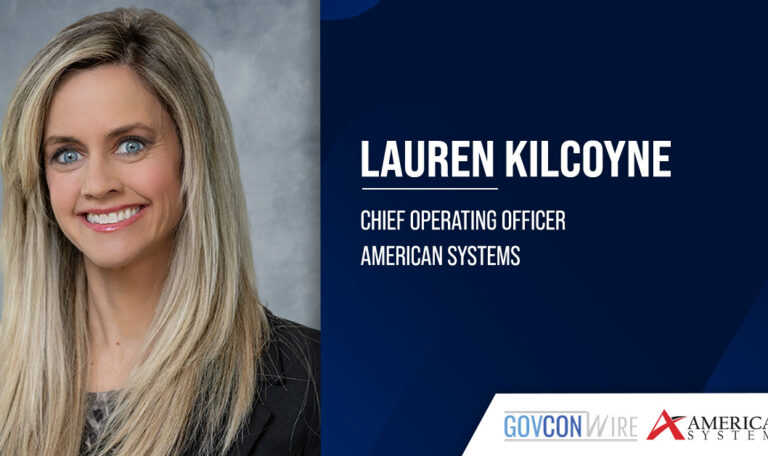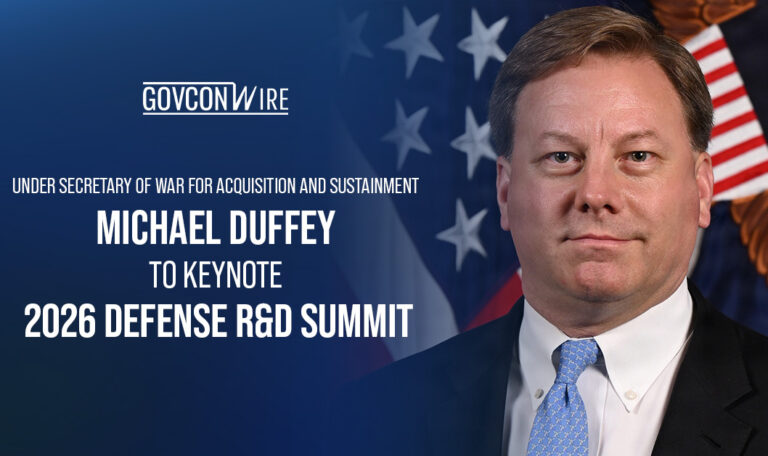Andrew Hallman, vice president of national security strategy and integration at Peraton and a previous Wash100 awardee, talked about the longstanding practice of the Intelligence Community giving presidential nominees intelligence briefings.
Hallman noted that since 1952, incumbent presidents have offered the nominees intelligence briefings as the latter prepare and acclimate for what could face them once they get elected.
In an interview on CNN, he shared his thoughts on concerns that former President Donald Trump could receive briefings from the Intelligence Community despite charges that he mishandled classified documents after he left office.
“The risk is relatively low during the candidate briefings because they keep them fairly highly level as they have in previous briefings. So I don’t think they’ll pull their punches. I think they’ll give honest assessments of the world situation. But there will be some concerns about the potential that he may compromise information provided in those briefings,” Hallman told CNN’s Alex Marquardt.

The former principal executive at the Office of the Director of National Intelligence highlighted the need for the Intelligence Community to provide warnings when providing such briefings.
The Intelligence Community should provide “cautionary warnings to not only the president if he’s reelected again, but also to those around him to protect that class of information and help them understand the context where they understand the equities involved, not just to the human assets that may be jeopardized, but to the services and methods that could be compromised that on which this country depends for its security,” Hallman said during the interview.
The Peraton executive also offered his views on the role of William Burns, director of CIA and a two-time Wash100 awardee, and intelligence agencies in the ongoing ceasefire negotiations in light of the Israel-Hamas conflict.
“The intelligence services and heads of those intelligence services have an opportunity to provide important channels for negotiations where they can get, have more discretion and shield themselves more from what are very highly charged environments, both domestically as well as abroad,” Hallman stated.
“So they offer an opportunity to supplement the normal, traditional diplomatic channels with these very trusted relationships that they have formed over many years,” he added.


